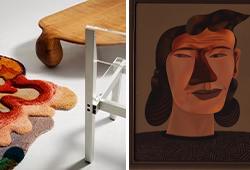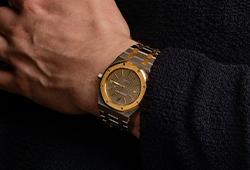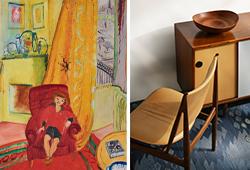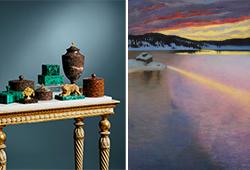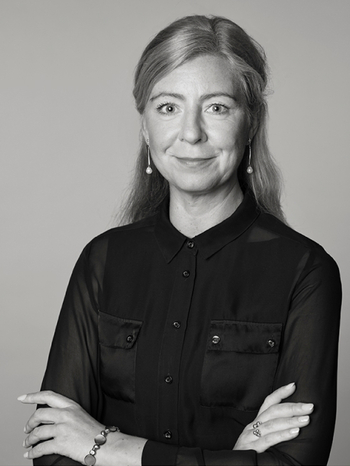Alexander Roslin
Portrait of Claude-François Martineau de Floriant (1752–1827)
Signed Le Chev. Roslin and dated 1788. Canvas 73 x 60 cm. Period gilded and richly carved frame.
Alkuperä - Provenienssi
François Felix Oudot (1783-1833), Paris, married 1811 to the daughter (of the man in the portrait), Adèle Pauline Martineau (1789-1873); sold by their grandsons daughters to Minister Viljelm Assarsson.
Bukowskis, Auction 422, 1983, catalogue no 317.
Näyttelyt
Malmö Museum, the Roslin exhibition, 1962, cat. nr. 75
Kirjallisuus
Gunnar W Lundberg, "Några nyupptäckta Roslinska familjeporträtt", Ord och Bild, 1951, ill. at p.. 104.
Gunnar W Lundberg, "Roslin - Liv och verk", 1957, ill. pl. 175, catalogue no 594 (with wrong year).
Per Bjurström, "Roslin", 1993, the portrait is described at p. 139 and ill. at p. 142.
Muut tiedot
Claude-François Martineau de Floriant was a French parliamentary lawyer and the artists son-in-law.
Alexander Roslin was born in 1718 in Malmö and was the son of the town doctor Hans Roslin and Catherine Wertmüller. He began his artistic career, after having devoted himself to studies in shipbuilding, as a student of admiralty cartoonist Lars Ehrenbill. The studies then continued in Stockholm in court portraitist Georg Engelhard Schröder and after he spent some years at the court of Brandenburg Culmbach and toured around in Italy. In 1752 he came to Paris and assisted the French court painter Boucher when he depicted the king's mistress Madame de Pompadour.
In 1753 Roslin was elected to the French Academy of Fine Arts and was represented at the Paris Salon that year of not less than five portraits. Thus began a brilliant career in the city Roslin always dreamed of, and rarely has a foreign artist, so rapid become a success and won the art-loving Parisians the hearts.
As one of his era's most prominent stuff painter Roslin got many missions and was awarded a government pension, and artists' residence in the Louvre. The good Swedish-French relations at this time and excellent letters of recommendation from, inter alia, the court in Parma opened the doors to the French society.
Since 1773, he changed his signature, Roslin le Chevalier Suédois to Roslin on the grounds that he was awarded the Order of Vasa.
Among Roslin models were officers, artist friends and royalty. He was portrayed pennies on the courage and his success lay in his ability to capture the lavish outfits with the perfect representation of the plumes, lace and silk case. His brush caught the light reflex 'games not only in tomorrow's lavish and shimmering fabrics, but also in the skin, sparkling eyes and rosy cheeks. He was an accomplished portrayer of character and with sharpness and exquisite finesse depicted positions of influence at the time.
He was an accomplished nature writer and the sharpness and exquisite finesse depicted his future influence.
After visits to Sweden where he painted of members of the Swedish royal family, he was in St. Petersburg, Warsaw and Vienna and then returned to France. Alexander Roslin, died at his home in the Louvre summer 1793.










